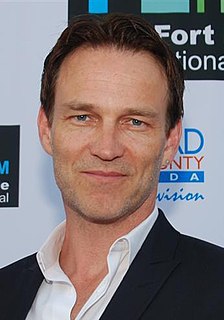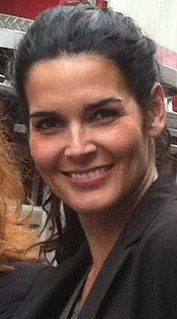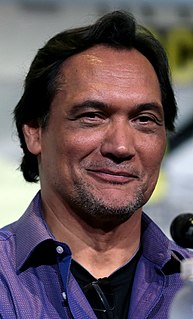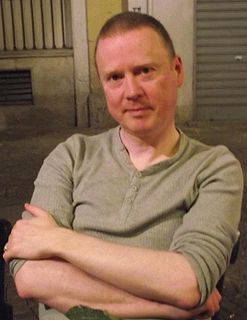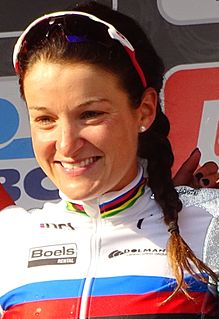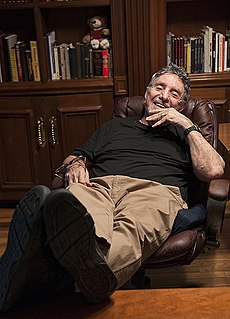A Quote by Stephen Moyer
There are lots of procedural shows that I love, but I never really wanted to be a doctor on 'E.R.' - which I'm just picking as an example - or be on a crime procedural.
Related Quotes
Broadly speaking, there are two approaches to crime: the realistically detailed police procedural, usually grim and downbeat, and the more left-field, joyous theatre of ideas in which past masters once specialised. Knowing that I would never be able to handle the former, I set about reviving the latter.
Bruce McGill and Sasha Alexander are regulars on the show. That shows that it's not just a typical procedural show. We have these actors because they can come in and actually act, and show the different colors of actual people. No person is just one color. No person is just who they are at their job, 24/7. That was really what I was excited about.
Analysis helps patients put their unconscious procedural memories and actions into words and into context, so they can better understand them. In the process they plastically retranscribe these procedural memories, so that they become conscious explicit memories, sometimes for the first time, and patients no longer need to "relive" or "reenact" them, especially if they were traumatic.
I've been on my share of network dramas and comedies, and the problem sometimes in a network is they have a single-minded focus on making the show true to whatever genre it is. If you're on a drama, it better be procedural, it better fulfill all the demands of a procedural show, and you better keep those episodes independent, so if I'm watching the show in seven years as its syndicated on some other cable network, I don't have to know what happened before or after the episode. If you're on a comedy, everything has to be funny and wacky and zany.
